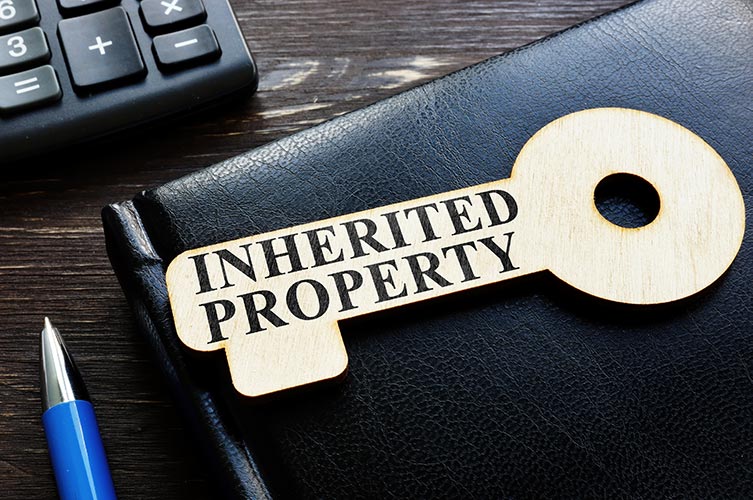Page 30 291 - 300 of 425
What Are the Related Party Rules for a 1031 Exchange?

Section 1031 of the Internal Revenue Code allows owners of real estate investment properties an important tax break: the ability to defer capital gains and other taxes when they exchange one investment property for a replacement asset.
1031 and 1035 Exchanges: What You Need to Know

If you’ve been paying attention to our company and our blogs, you probably realize that we are experts when it comes to 1031 exchanges. Additionally, our website URL—realized1031.com—should give you a pretty good idea about our knowledge in this area.
How Can I Cover a Large Amount of Debt in my 1031 Exchange?

As a real estate investor, you most likely prefer to retain any profit gained from the appreciation in your real estate assets rather than paying it in capital gains taxes when you sell a property and reinvest in another. One strategy for deferring the obligation to pay tax on a capital gain is executing a 1031 exchange.
What Qualifies as an Investment Property for a 1031 Exchange?

A 1031 exchange is a method that taxpayers can use to defer the payment of capital gains when they sell real estate under certain circumstances. For the transaction to succeed, it must involve the exchange of one investment property for another, and the properties must meet the IRS' definition of "like-kind." In addition, there are some other crucial rules governing the process, all of which the taxpayer must follow to avoid disqualification of the deferral:
What Is the Difference Between a Section 121 Exchange and a 1031 Exchange?

If you own an investment property and are in the market to sell for a new property, you can defer taxes using the IRS tax code provisions. Depending on the type of property you own, you may qualify for a 1031 exchange or a section 121 exchange. Learn the differences between the two and how you can take advantage of both to potentially defer your capital gains taxes.
Can You 1031 Into a Joint Venture or Partnership?

A 1031 exchange provides investors with excellent tax advantages, but it also comes with many rules. If you own a property as an individual and want to perform a 1031 exchange into a joint venture or partnership, does anything in the 1031 exchange rules prevent you from doing that? Let’s dive in to find out.
Can You 1031 Exchange Into Fractional Ownership?

The world of real estate investing is one of the most varied asset classes that investors can choose to participate in. While you’re probably already keenly aware of the different types of real estate that you can invest in, it’s helpful to understand all of the ownership structures that exist within the world of real estate investing. It’s also important that you understand what your rights are as a property owner, and how you can use the funds generated from the sale of one property to purchase subsequent properties so your portfolio can continue to expand.
Can You Do a 1031 Exchange on Inherited Property?

Inheriting real estate after a loved one dies can be a financial windfall – but it also can bring about some hefty tax liabilities. Assessing your new financial position with experienced financial professionals and understanding your options can help beneficiaries of inherited property avoid putting themselves in situations where they owe the Internal Revenue service a large sum for capital gains taxes.
President Biden and 1031 Exchanges: What You Need to Know

President Joe Biden sent shockwaves through the real estate investment community in the summer of 2020 when he proposed key changes and restrictions for 1031 exchanges to fund an economic recovery plan titled, “The Biden Plan for Mobilizing American Talent and Heart to Create a 21st Century Caregiving and Education Workforce.”
What Are the Rules Around 'Boot' in a 1031 Exchange?

1031 exchanges allow investors to defer capital gains tax on their real estate sale proceeds. Instead of simply selling your property for capital assets, you take the proceeds from your sale and reinvest them into a replacement property.
Page 30 291 - 300 of 425


